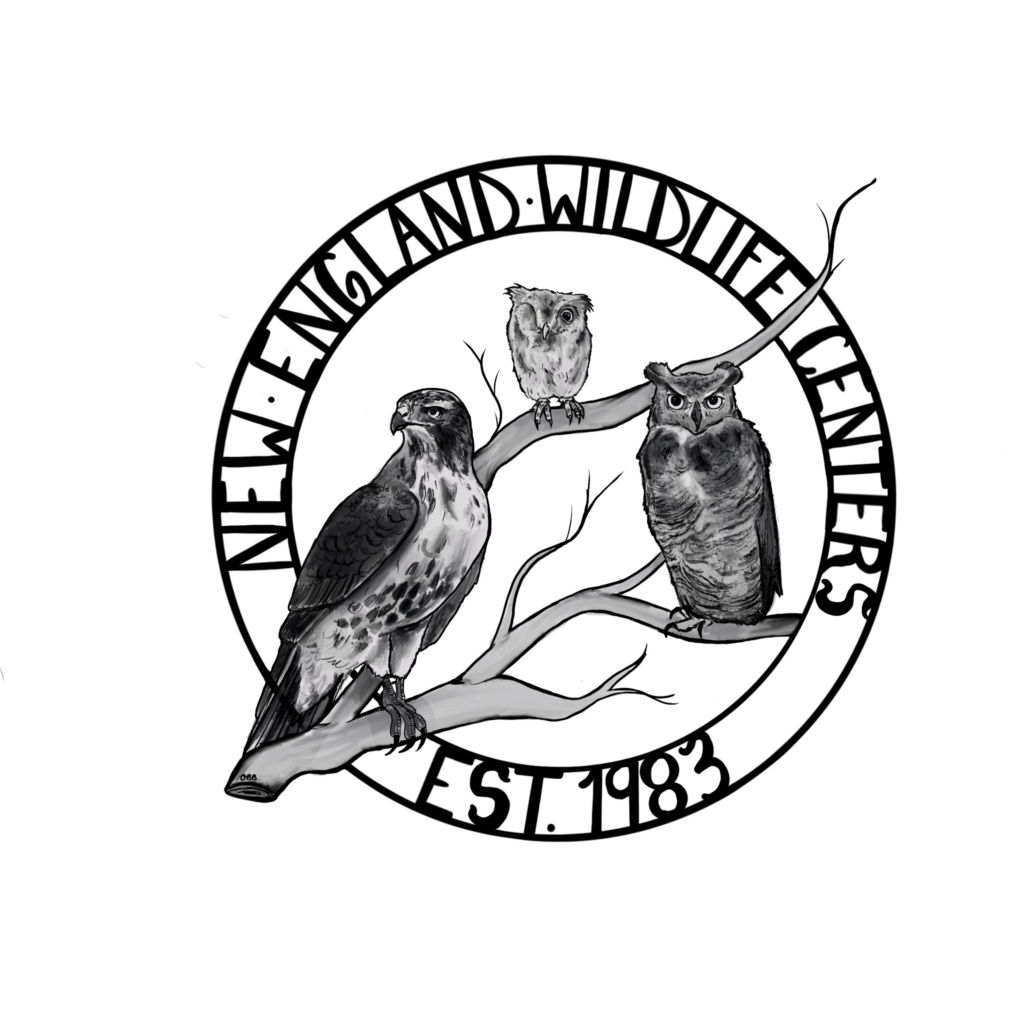Raccoons suffer from many diseases, however four that stand out to us as a wildlife hospital are Baylisascaris procyonis, rabies, parvovirus, and distemper virus.
Rabies is the most well-known of these diseases because it is a big problem for humans as well as raccoons. It is a virus that causes acute inflammation of the brain, and is almost invariably fatal unless the victim has previously been vaccinated. Signs include flu-like symptoms, confusion, hydrophobia, and hallucinations. In addition to its deadliness, it has also been known to lie dormant in an animal for years before manifesting as symptomatic. It in zoonotic, meaning it can be transmitted between species. We have to be especially careful with raccoons, as well as other likely carriers such as bats and skunks, due to this risk.
B. procyonis is a type of parasite called a roundworm. It is fairly innocuous when infecting raccoons themselves, however it is of great concern to us due to the fact that it is also zoonotic. Infection of humans is extremely rare, with less than 20 cases reported in the last 30 years. Unlike in raccoons however, in humans, B. procyonis has the ability to penetrate the brain tissue. Due to this fact, it is extremely dangerous and difficult to treat. It has almost universally resulted in serious neurological damage or death. Even more so than rabies, B. procyonis is the reason we have stringent safety protocols when treating and caring for our orphaned, sick, or injured raccoons.
Distemper and parvovirus are both big issues primarily due to the high mortality rate involved, and their tendency to spread quickly. Neither of these viruses are zoonotic, meaning human caretakers have no need to worry about contracting them, however we still vaccinate all our raccoons for them when they arrive at NEWC. If one raccoon comes in with distemper or parvovirus, it is very possible for our entire group to get sick. This contagiousness makes them both very scary illnesses. Distemper symptoms include fever, respiratory issues, and neurological confusion. Parvovirus is characterized by vomiting, diarrhea, and lethargy.
Due to all these risks, we make sure to quarantine our raccoons when they first arrive. We test them for parasites, and observe them for symptoms that could indicate a rabies infection, parvovirus, or distemper. During this period we also begin any other treatment they may need for more mundane injuries or illness. Once we’ve determined that they’re likely doing OK, we move them in with the rest of our raccoons.


